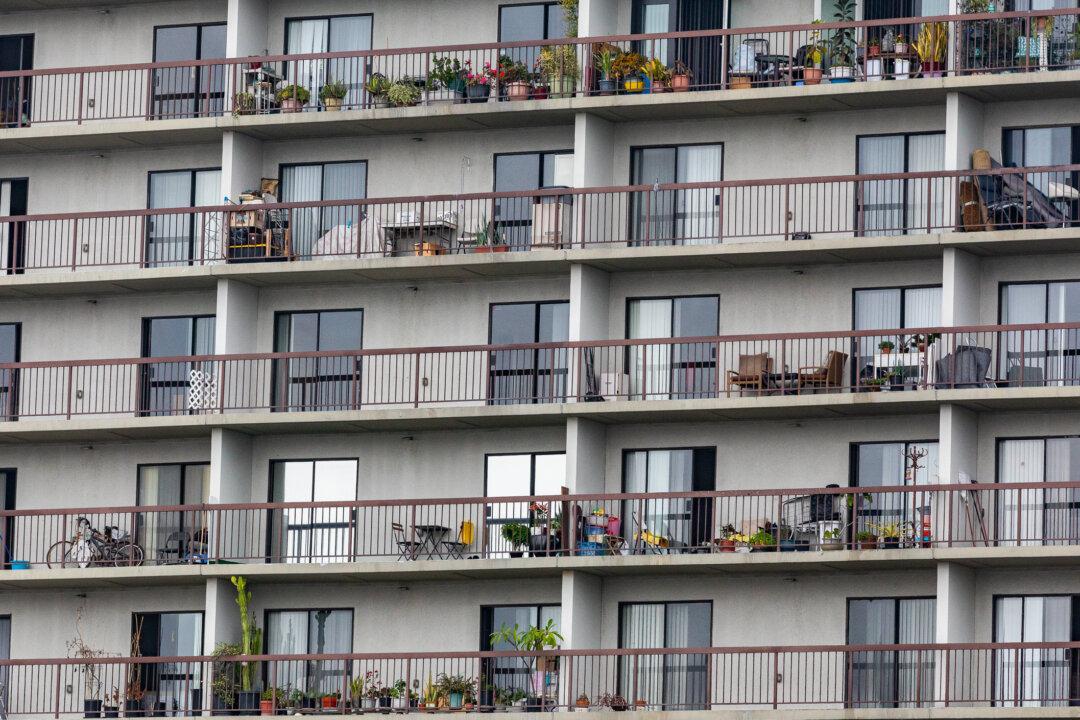Californians will see increased tenant protections after Gov. Gavin Newsom signed a bill into law Sept. 30 tightening current law that limits landlords’ ability to evict tenants in certain situations.
Senate Bill 567, authored by Sen. María Elena Durazo (D-Los Angeles), requires proof by a landlord for what’s known as a “no-fault” eviction, and now mandates property owners or a family member occupy their rental for at least 12 months if they have evicted the tenant from the unit for their own use.





